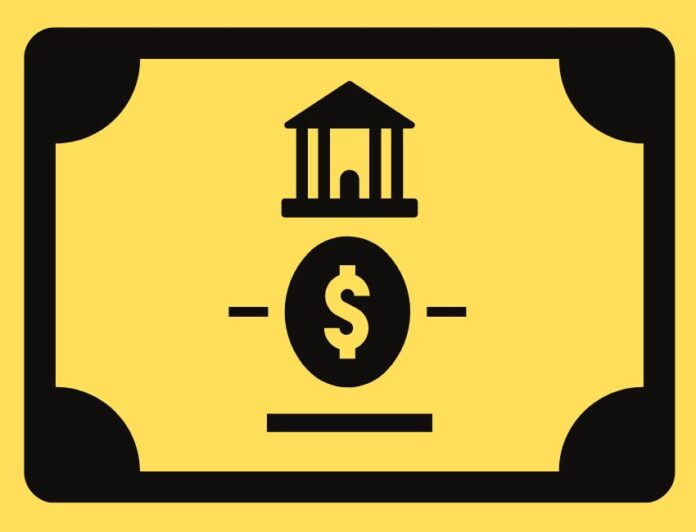Bail is an insurance between the court and the defendant.
In order to pay bail, the person charged has to have some cash.
You may be asked to pay bail before you’re released.
It can be expensive, so some people find help from a bail agent.
Who will post a bail bond for them in exchange for a fee.
What is a Bail Bond?
A bail bond is a type of surety bond that will permit an arrestee to be released from jail.
There are two common types of bonds:
Criminal bonds are guarantee that the defendant will attend their trial and pay any financial penalties.
This typically happens in criminal justice courts, but civil also use this form of assurance.
Civil bonds guarantees a defendant’s payment of their debt as well as interest and costs.
How do bail bonds work?
A judge sets an amount of money to be paid as bail.
And if a defendant cannot pay the bail with their own money.
They can seek help from a bail bondsman by putting up 10% of the bail amount.
Bail bondsman can provide bail money in the form of collateral.
Only if the defendant has someone willing to put up the full amount.
In some cases, an additional payment is required after posting a Bail Bond to free a defendant.
However, if the person is not released or does not appear in court, there may be additional consequences.
If defendant fails to appear in court.
The bail bond is forfeited and the court requires the remaining 90% of bail to be paid.
The bail bondsman will use the defendant’s collateral to pay this remaining bail amount.
Read more: Fail to appear bail bonds
The 10% bail bond fee is the maximum fee a bail bondsmen can make.
If a defendant appears in court, the bail bond is discharged and their collateral is returned to them.
Ricky was arrested, and the court set his bail at $10,000.
Ricky wanted to be released from jail, but he didn’t have any cash on hand.
To release from jail, Ricky sought out help from bondsman, who then posted the bail bond for him.
An individual with a bail bond of $1,000, has now been freed from jail.
The bail for a prisoner is often the bond.
A bondsman receives money and then uses it to secure collateral from family members like a home, car or jewelry.
If all court dates are attended.
The Bail Bondsman and Ricky get the full $9000 (minus the small fee the bail bondsman is entitled to).
But, if Ricky fails to appear in court.
Then he forfeits all rights to that $9000 and the courts may impose a much larger penalty.
Ricky could lose $9,000 of his own money if he did not appear in court.
He would be entitled to a refund of $10,000 even if he lost the case.
How to get a Bail Bond
Bail bonds are among the most hazardous of bonds to write.
If the defendant does not show up, bail bond company who issued the bond must pay the full bond penalty.
The surety company will demand compensation from the defendant to make up any of their losses.
To understand the risk involved in Bail Bonds.
Evaluate factors such as personal life, financial situation and family circumstance.
Once deemed at an acceptable level of risk, they issue a bond.
The defendant often has to seek the endorsement of other people who will act as a signatory.
What is a bail hearing?
A bail hearing is a chance for the court to set and judge the bail amount.
The judge will consider the details of the case and the nature of the crime.
The bail schedule for each court typically specifies a set amount of bail required.
They are typically determined by the crime and may be paid directly to the jail before a court hearing.
When determining bail, judges consider the severity of crime, history of suspect and risk to society if they released.
Judges make decisions that are uniform depending on the situation. You do not need a lawyer to post bail.
But they are helpful during bail hearing with both the defense and prosecutor having an opportunity to speak with judge.
As a criminal defense lawyer, you want to ensure bail is set and can try to get the bail terms changed in some cases.
In some cases, a judge may release the defendant from having to pay bail; this is called a recognizance bond.
This means that defendants do not have to put up the fee for bail and instead must show up for their court date.
The judge may agree to discussions with your attorney to arrange for a recognizance bond.
Recognizance bonds are more often given in low-level crimes such as nonviolent offenses, and drug charges.
What is a bounty hunter?
If somebody contacted bondsman to get bailed out of jail and then run away, a warrant is issued for their arrest.
If this happens, the bail agent is responsible for paying the full amount of the bond to the court.
When a defendant becomes a fugitive, the bail bondsmen hires bounty hunters to find and capture them.
Bounty hunters are skilled professionals responsible for finding fugitives that do not abide by state regulations.
Bounty hunters are paid a percentage of the bail amount, usually 10-20% of the bail.
This bounty is paid after the person has been located by their bounty hunter.







